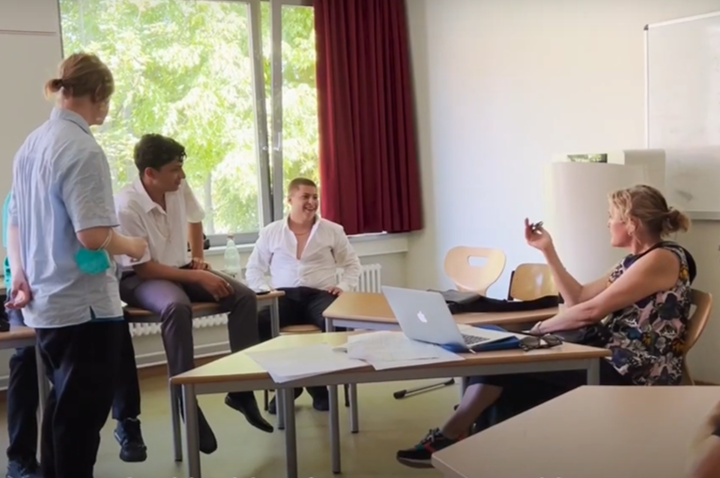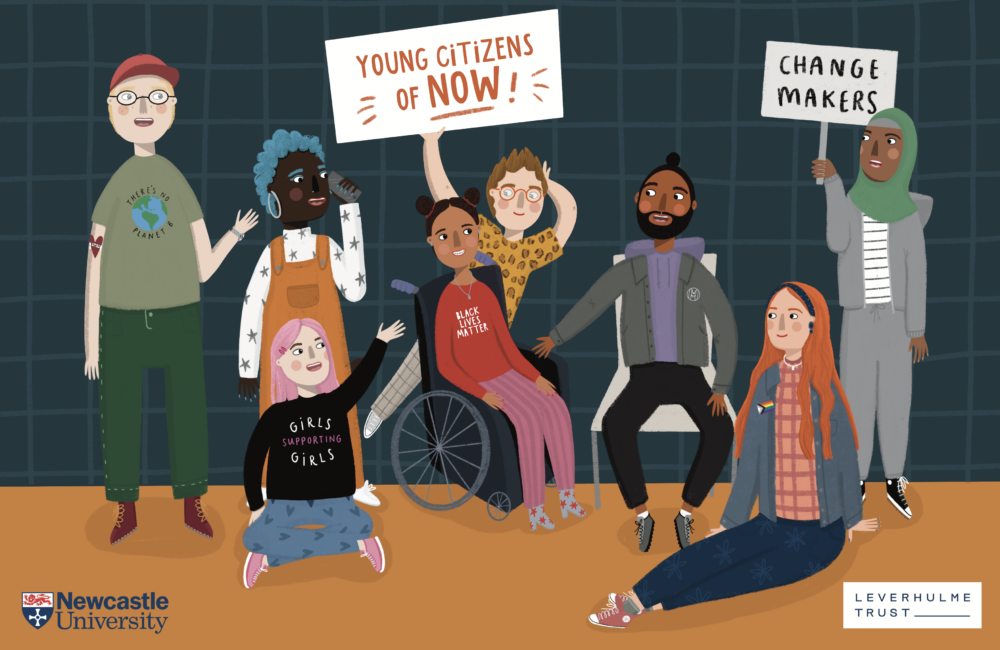Across the globe, there is increasing evidence that cities are looking for new ways of addressing issues of inequality and urban poverty.
New Approaches to the Economy
- In recent years, there has been a growth in popularity of economic approaches which, rather than following individualistic, market driven approaches serving private concerns, represent the belief that a change in relationships based on solidarity, collaboration and co-operation is fundamental in developing sustainable and inclusive economic activities and policies in our towns and cities.
- Such approaches include the social solidarity economy, economies based on inclusive growth, the wellbeing economy and the doughnut economy.
Education and the Economy
International thinking in the field of social justice and the economy calls for education “to focus on learning environments and on new approaches to learning for greater justice, social equity and global solidarity” that enable children and young people to help build flourishing, sustainable and inclusive communities that foster notions of social justice and solidarity.
This means that our towns and cities need to provide a context in which such learning environments and approaches can flourish.

Mind the Gap
Yet economists and urban policymakers tend to discuss education and inclusive towns and cities in one of two ways:
- The need to improve academic outcomes for sustainable and inclusive growth through education interventions.
- A focus on projects that teach children, young people and adults about inclusive growth, the social solidarity economy, fair trade, how to form a co-operative etc.
There is a lack of emphasis on how a town or city’s approach to education policy and practice can build strong relationships between and among children and young people in urban communities – and between communities and policymakers.
Research Focus: Redefining Education for Inclusive Places & Economies
- There is no doubt that education is seen as key in developing more socially equitable, inclusive towns and cities.
- Engagement relationships between urban education institutions and the communities in which they are situated have long been seen to offer the potential to have a positive effect on a wide range of socio-economic indicators.
However, at present, urban economic policy, practice and research provides few opportunities to consider how the everyday realities of practices in education – and the impact of policy upon these practices – help or hinder the development of a more inclusive and socially just place.
Education is key in the evolution of inclusive urban economies, but there is a need for cities to do things differently. The link between education and the development of inclusive urban places goes beyond policy approaches focused on improving and measuring examination results and employment outcomes. High academic achievements alone will not futureproof an inclusive city.
- In order to plan for inclusive future cities and more equitable urban economies based on solidarity and cooperation, urban education policy needs to move beyond a focus on individual academic achievement.
- International thinking in the field of social justice and the economy calls for education “to focus on learning environments and on new approaches to learning for greater justice, social equity and global solidarity” (UNESCO, 2015, p. 3).
- However, this study finds that economic policymakers tend to overlook the fundamental role that pedagogy, curriculum and governance can have in (re)connecting schools, communities and city policymakers in urban cities and the development of fairer places and economies. We need to join the dots between alternative, more socially just economic models and approaches to education that can help.

